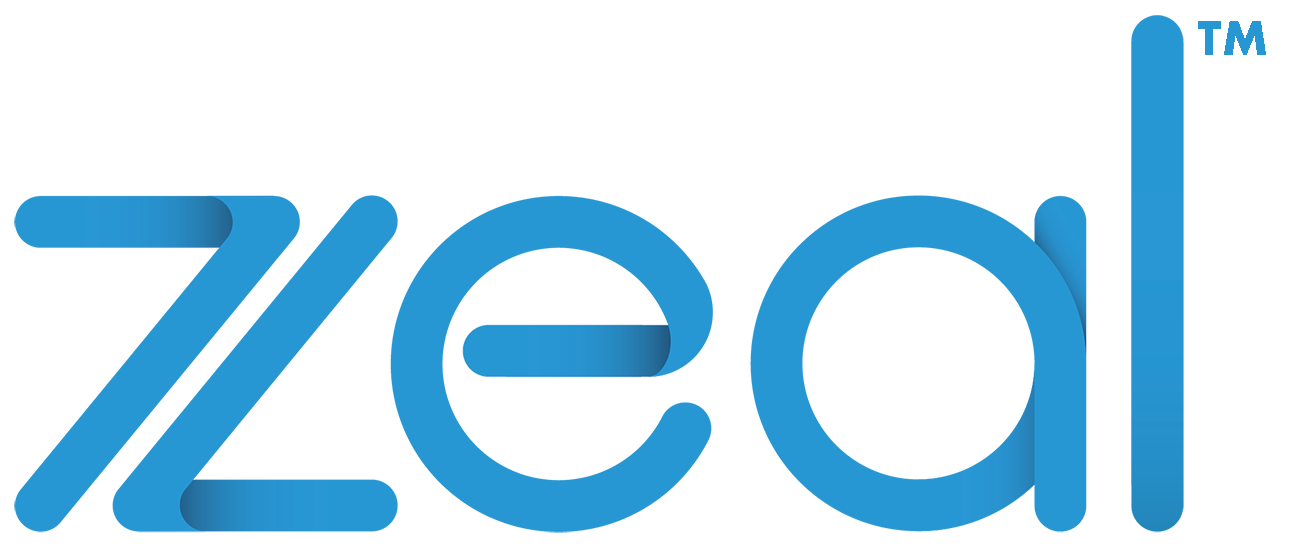The steady increase of cybersecurity attacks over the years has become more predictable than most weather forecasts. The number of breaches in 2023 surpassed the year before in a matter of months. Ironically, one of the most neglected areas in terms of information safety is the one containing most of a company’s pricing, clauses, and sensitive data: contracts.
With so many contracts and third-party relationships, a company faces many opportunities for breaches, both inside and outside their control. One of the reasons for data breaches becoming much more common and targeted is that in some cases, selling vital information might be more profitable than any other type of attack. Instead of accepting the cost of neglect, organizations can leverage the benefits of CLM software, which can both improve processes and protect their data.
Resistance to change and the evolution of threats
A data breach involving contracts can have serious consequences for a company, such as loss of competitive advantage, breach of contract, regulatory fines, and litigation. Similarly, multi-industry attacks have turned into targeted ones because depending on the organization and the state of their work, data exfiltration might be more profitable than a ransomware attack.
While the avenues to access-restricted data keep increasing, organizations are not doing much to increase their information security efforts. One of the main issues prompting companies to not embrace new tools to streamline the processes and have more oversight over their information is the old “If it ain’t broke, don’t fix it” mentality. An established legal department might not want to test a new tool because they might believe they’re doing okay. The harsh reality these days is that if someone wants to break in, they’ll try.
A company may have the most robust and comprehensive approach to data safekeeping, but if third party vendors don’t have the same standards, how can a company keep its sensitive information safe?
The truth is that most cybersecurity attacks are not as sophisticated as they might seem and they can be prevented by something as simple as organizing your documents and data, as well as knowing who has access to them, which goes a long way toward protecting them.
Enhancing information security with the right tools
One of the solutions that can help companies enhance their contract security and efficiency is contract management software, such as Zeal. While not specifically created as a cybersecurity tool, a contract management system can help mitigate these challenges because of the features it offers.
In a broader sense, these solutions allows to reinforce information safety by:
- Tracking contacts, their locations, and access to their permissions efficiently.
- Streamlining management processes for increased efficiency.
- Safeguarding physical and digital clutter.
- Extending security measures to documents shared with partners and third parties.
- Protecting sensitive information even when accessed by external sources.
- Strengthening cybersecurity through contracts by implementing clear breach-response clauses.
- Ensuring partners, including third parties, follow data-protection best practices.
Zeal’s Role
Data theft is one of the most prominent types of cyberattacks, and it is gaining ground over ransomware. This means that ensuring information security is becoming an increasingly important endeavor for companies. Data theft attacks can cause more damage than ransomware attacks, as they can result in loss of intellectual property, reputation, customer trust, and legal liability.
One of the solutions that can help companies enhance their contract security and efficiency is contract management software, such as Zeal.
Zeal is a cloud-based platform that helps businesses create, store, track, and manage their contracts throughout their lifecycle. Request a demo here.


